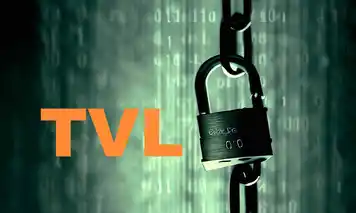The cryptocurrency sector's relatively young age creates opportunities for scammers to employ numerous tactics to steal people's cryptocurrency investments.
What's typosquatting?
Typosquatting represents a passive form of cybercrime that has expanded into cryptocurrency fraud alongside its other applications.
Consider this real incident: in 2014, someone accidentally sent 16.5 BTC to a scammer by visiting blokochain.info instead of blockchain.info. This single typographical error resulted in a significant financial loss, even for that time period.
Currently, typosquatting commonly involves creating fake social media profiles, particularly on Twitter, impersonating well-known cryptocurrency figures such as Vitalik Buterin or Pavel Durov. These scammers target credulous individuals, who are surprisingly numerous. Their method involves creating convincing copycat accounts of famous personalities and announcing cryptocurrency giveaways. They often align these announcements with significant events like platform updates or price increases to appear more legitimate. Scammers promote these fake accounts aggressively, including commenting on authentic celebrities' posts.
How do these scams operate?
Once scammers attract followers to their fake accounts, they announce generous cryptocurrency giveaways. The deception lies in their request for a small cryptocurrency deposit, supposedly to verify recipients' wallets for the promised distribution. They claim this creates a database for distributing the free tokens.
The reality is straightforward: victims send cryptocurrency to the scammer's wallet and never receive anything in return. Eventually, the fraudulent account gets suspended following user reports, but the scammer simply creates new accounts and repeats the process.
These scams became so prevalent that Ethereum's founder modified his Twitter name to "Vitalik 'I don't give out ETH' Buterin". Avoiding such scams requires basic vigilance and skepticism.
- What is mainnet and testnet?
- Blockchain in Culture: Inspired by Technology
- Day-Trading cryptocurrencies for beginners in 2023
- How to set up a donation in bitcoins on the site?
- Cryptocurrency forging - an alternative to mining
- CRYPTOCURRENCY SIDECHAIN: WHAT IS IT?
- How bitcoin mining works. What is the PoW algorithm in simple words
- What is blockchain sharding?







